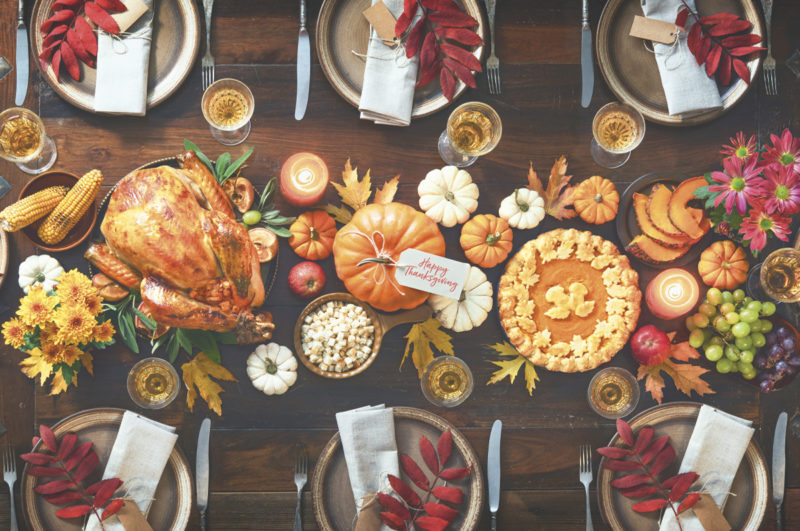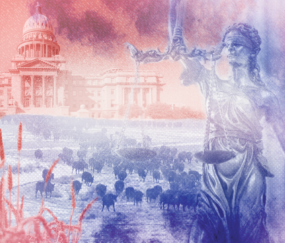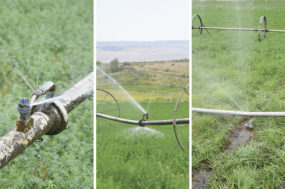“What’s for dinner?” is probably the most common phrase uttered in my home. I won’t tell you how old I am, but I will say I’ve prepared over 6,500 meals for people in my household (and that’s accounting for eating out, in case you’re trying to do the math). Yet, I’ve always been able to go to my pantry, cellar or freezer and find something at least halfway nutritious to satisfy the question.
That isn’t the case throughout history. In David McCullough’s book The Pioneers: The Heroic Story of the Settlers Who Brought the American Ideal West, he examines the pioneers who left the East Coast after the Revolutionary War to settle the “wilds” of the Ohio River.
Of one particular settlement (Marietta in 1789), he writes this: As serious as had been the shortage of food the previous winter, this one was to be worse – the “Starving Year” – and the suffering extreme. Because of the slaughter of the wild game by the Indians, the woods were still bare within a radius of twenty miles. There were other explanations as well – the clearing of the forests and the hunting by the settlers, and as Joseph Barker put it, a large quantity of the immigrants had “strewed all their money” on the mountains of Pennsylvania “and in the enjoyment that they had got to the land of promise, they forgot to provide for the future.”
An examination of history tells us there were many causes for that starving year. France had imported extraordinary quantities of wheat and flour from the U.S., and wheat production had already been deeply damaged by the Hessian fly. In addition, volcanic explosions in Iceland and Japan spewed millions of tons of particles into the atmosphere, reducing sunlight throughout much of the world.
While the general public talks about starvation and malnutrition throughout large swaths of society, no one talks about the subgroups or delves into why certain demographics seem to survive while others of the same demographic do not. For instance, no one talks about the “starving farmer” or rancher or dairyman because, well, with full bellies that just doesn’t make sense, right? He can plant a seed; he can reap the harvest. He can turn a bull in with some cows and reap a calf crop, and milk the cow. End of story. But you and I know that’s not the end of the story. And even in a land of plenty, we have farms and ranches and dairies that are “starved” out of business every day.
What strikes me about Barker’s statement is “… they forgot to provide for the future.” For our day, who is “they”? Is it the government? The individual farmer or rancher? Is it the politician? Finger-pointing is rarely productive. I suggest we all just consider our part – what we each can do to prepare for the future of our industry – and do that. Now. Because when some person asks you, “What’s for dinner?” you’re going to want to satisfy that answer, but you can only do that if you’ve provided for your future.
Happy Thanksgiving – from my table to yours.


.jpg?t=1687979285&width=640)


.jpg?height=auto&t=1713304395&width=285)


